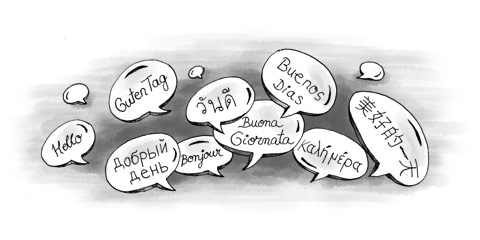Dominican Spanish
Dominican Spanish, spoken in the Dominican Republic, is similar to Coastal Caribbean Spanish dialects and based on Canarian Spanish dialect, however it has strong influences from West African languages. An interesting fact is that Dominican Spanish uses old Spanish words that are no longer used in modern Spanish (eg Money = Dinero - Cuartos).
It is common in the Dominican Spanish language to drop the letter “s”. For example “mosquitos” becomes “mosquito” and “where are you”, dondé tu esta will be dondé tu ta. Also, some words in Dominican Spanish are different compared to modern Spanish. For instance, guapo means handsome in Spanish, but in Dominican Spanish guapo means angry.
Moreover, in Santo Domingo (the capital of Dominican Republic), people tend to change the letter “r” to an “l”. For instance, “porque” will sound like “polque”. However, in the northern part of the country, the letter “r” sounds like an “i”. So it will sound like “poique”.
Another important thing is that Domicans tend to speak very loud and fast and gesticulate a lot while talking. Expats will get used to this expressive style of communication.
Other languages
- Haitian creole is spoken by those who are of Haitian descent. This language is spoken by 160,000 inhabitants and has been influenced by French, Spanish and West African languages.
- Southwestern Creole English is spoken by 22,000 people in the Dominican Republic. The language is based on West African languages and English.
- Samaná English is spoken by 8,000 inhabitants in the northeast of the Dominican Republic. This language is similar to Creole English.
- Chinese is spoken by 25,000 Chinese refugees of the Chinese Revolution.
English in the Dominican Republic
English is only generally spoken in the tourist areas. For expats, life can be difficult if you are not able to speak Spanish at all. Life in the Dominican republic will be much easier if you even just know the basics. Moreover, Dominicans will appreciate it if expats try to have a conversation in their language.

